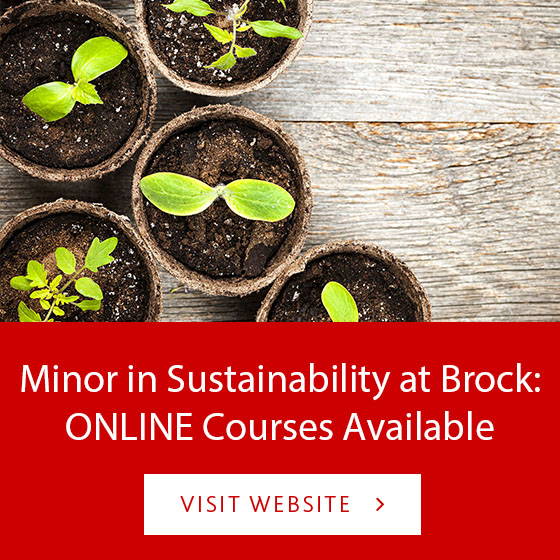Student Contributor: Noah Nickel
Dr. Jessica Blythe is an Associate Professor at Brock University with the Environmental Sustainability Research Centre. Below is the transcript of an interview that I had with her in regards to the recent announcement of the 2019 SSHRC IDG recipients, which included Dr. Blythe.
Q1: It was just announced that you were the recipient of one of the 2019-2020 Insight Development Grants. Can you tell us a bit about the significance of research grants, in regards to the facilitation of social science research?
I’m thrilled to have received this grant. Funding plays an essential role in enabling academics to undertake high-quality research. Research grants support a range of research activities, such as field costs, support for graduate students, and dissemination of research findings.
Q2: More specifically, what does the IDG mean for your research project in particular?
I am a co-applicant on this IDG grant with Dr. Gary Pickering and Dr. Julia Baird. The grant means we can take an idea that we’re really passionate about and bring it to life. Without the grant, this project would not be possible
Q3: According to the release from the Government of Canada about your new SSHRC IDG, the title of your research project is “The Role of Virtual Scenarios in Realizing Ocean Transformations” can you elaborate on this, what exactly is the scope of the project?
Our oceans are running out of time. Climate change and overfishing, among other stressors, are pushing the oceans past their breaking point. So, we need solutions (or transformations of current systems) and we need them quickly. Realizing the kind of transformations that are required to secure safe and fair futures requires radically new ways of thinking. Based on this idea, we will use our grant to bring future ocean scenarios to life. Then, we’re going to measure whether experiencing the virtual futures changes the way people think about protecting our oceans.
Q4: What further or “real world” applications or implications could your research potentially have? Will it leave questions unanswered? Future avenues for research/questioning? Etc.
This project represents a first step in exploring how virtual reality might change the way people think about the future of our oceans. The next step is to explore whether changing the way we think changes the decisions we make about ocean governance. If we can show that VR changes the way people think – and make decisions – the research applications are endless.

